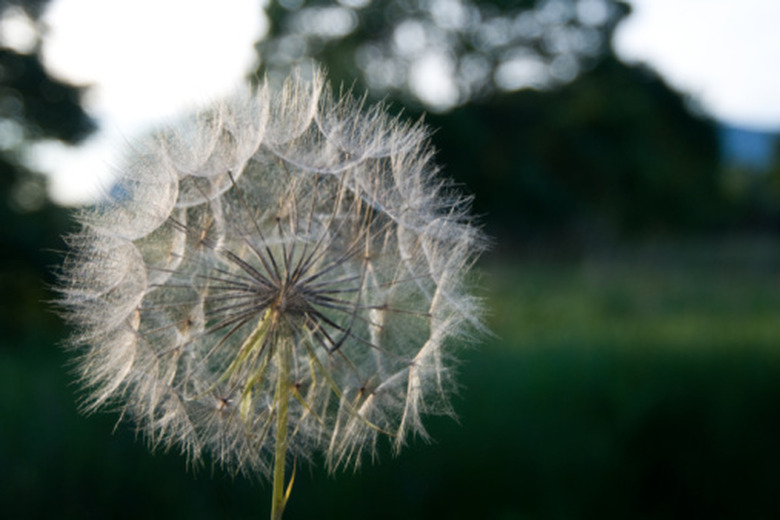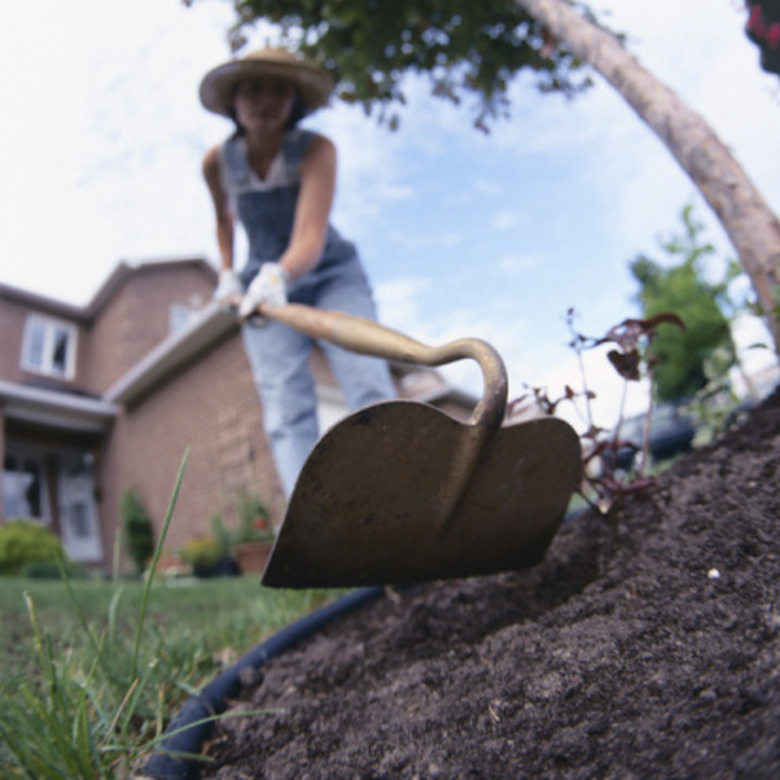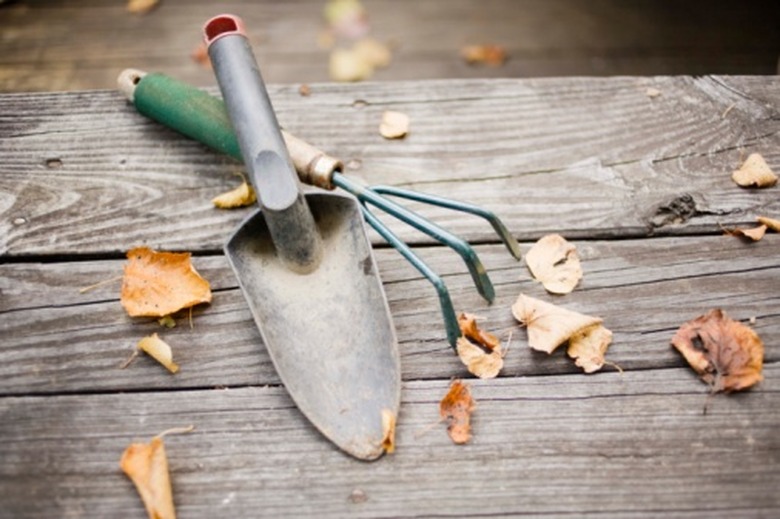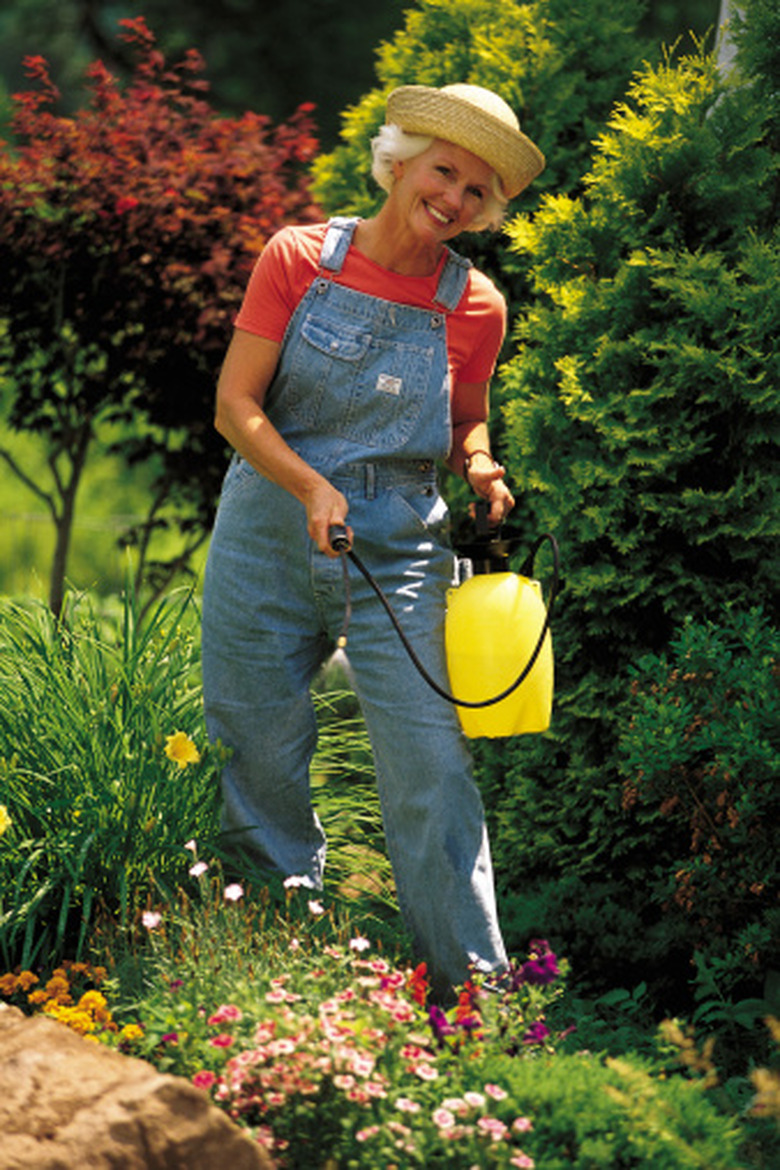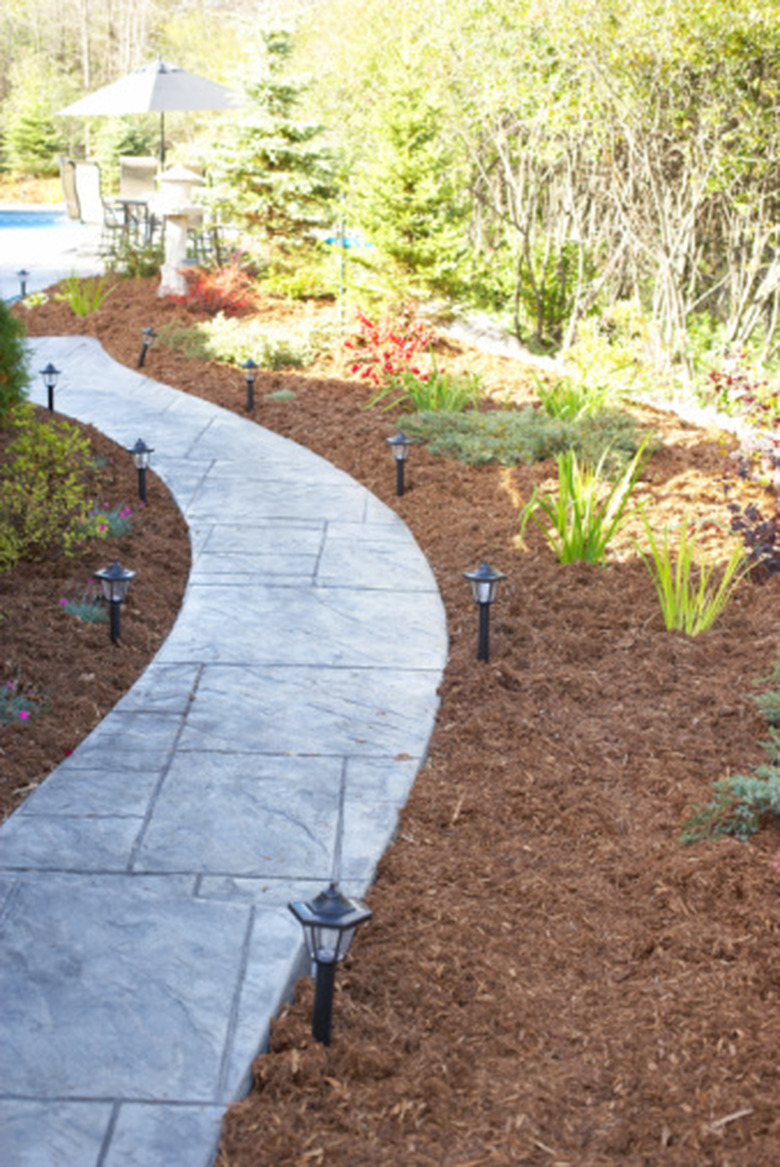What Is The Easiest Way To Deweed My Garden Beds?
To the unknowing observer, gardening is a peaceful, tranquil pursuit often pleasing to the eye and satisfying to the soul. Experienced gardeners know gardening is often a battle, fraught with frustration and many hours of hard labor. The largest of these battles is often tackling the weeds. They seem to appear out of nowhere, and once pulled seem to come back with a vengeance. Learning to deal with these unpleasant invaders is the hope of every gardener.
To the unknowing observer, gardening is a peaceful, tranquil pursuit often pleasing to the eye and satisfying to the soul. Experienced gardeners know gardening is often a battle, fraught with frustration and many hours of hard labor. The largest of these battles is often tackling the weeds. They seem to appear out of nowhere, and once pulled seem to come back with a vengeance. Learning to deal with these unpleasant invaders is the hope of every gardener.
Long-Handled Tools
Long-handle tools are used from a standing position; they uproot or slice through weeds. They often have wide heads and are best suited for large areas where the plants are spaced far apart and the weeds are more shallow. With the added benefit of being easy on the back and knees, they are a favorite of many gardeners.
- To the unknowing observer, gardening is a peaceful, tranquil pursuit often pleasing to the eye and satisfying to the soul.
- Experienced gardeners know gardening is often a battle, fraught with frustration and many hours of hard labor.
Short-Handled Tools
Short-handle tools require the gardener to be face-to-face with the weed. Because you are on your knees, these tools become an extension of your hand. They often have small, finger-like blades designed to grab the root at its base. You can use more force since you are closer to the ground. Short-handled tools are ideal for full gardens and stubborn weeds with deep roots.
Chemical Attack
Herbicides should be a last resort for weed control. However, mechanical and cultural (i.e. mulching) methods don't always do the trick. Choose the preferred herbicide based on when you apply and how it will affect the surrounding vegetation. Make sure it will kill your weed. Not every herbicide will kill every weed.
- Short-handle tools require the gardener to be face-to-face with the weed.
Prevention is Key
Preventing weeds from getting started is the easiest method of control. Make sure your garden seeds, compost and mulch are free from weed seeds or plants. If you use irrigation water to hydrate, make sure you have adequate filtration on your system to prevent weeds.
A thick layer of mulch around your plants blocks light from reaching weed seeds. thus preventing the seeds from germinating. Mulch may be an organic material such as bark, or a synthetic material such as black plastic.
